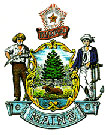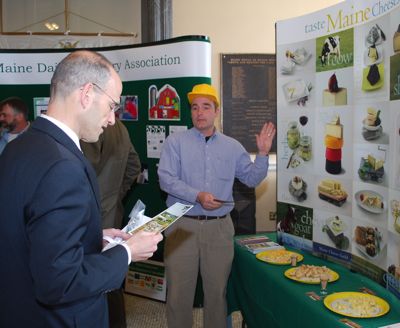There are several bills currently being debated in committee that could have widespread and extreme impact on the way we grow and process food for sale in the future. Spurred by the recently publicized issues of food contamination with dangerous pathogens (peanuts, jalepeno peppers, salad greens), Congress and the new administration have reacted by proposing specific new legislation to improve oversight and practices in the agriculture and food industries. But in the process, some question whether they are legislating small farms out of business. In some cases it might make it impossible for a small farm — currently selling safe food to the public under existing regulations — to qualify for insurance, and/or legally sell to retailers because they don’t have the staff required to comply with the paperwork, or their farm is geographically incapable of passing a “Good Agricultural Practices” (GAP) certification test.
The primary bill at issue is HR 875, the Food Safety Modernization Act, which would establish a new Food Safety Administration, separate from FDA. Farms would be required to maintain more detailed records and use “good practice standards”. However the means of maintaining records (some of which are already mandated under FDA oversight), and their definition of “good practice standards” seem to tilt heavily toward central food processing by large corporations, rather than by small family farms.
Three other bills — establishing a “trace back” system, mandating livestock identification (NAIS and beyond), and mandating annually audited HAACP programs with inspections paid by farmers — raise similar concerns, and MOFGA has a good overview of all these issues, as well as their updated status in the legislative process.
MOFGA has
In a recent article in the UMaine newspaper, Scott Boulanger of Olde Oak Farm spoke about the impact these proposed changes to food regulation would have on his operation.
 This is not news, but Maine dairy farmers now stare at a double-set of spinning saw teeth in the form of higher costs of production and shrinking government subsidies. The
This is not news, but Maine dairy farmers now stare at a double-set of spinning saw teeth in the form of higher costs of production and shrinking government subsidies. The 